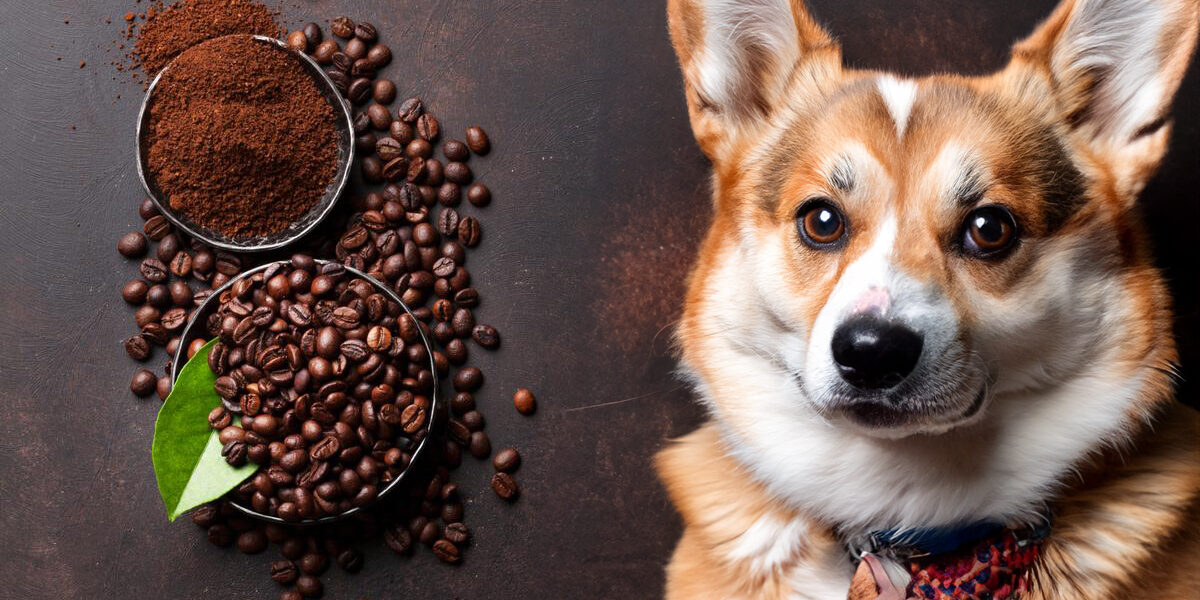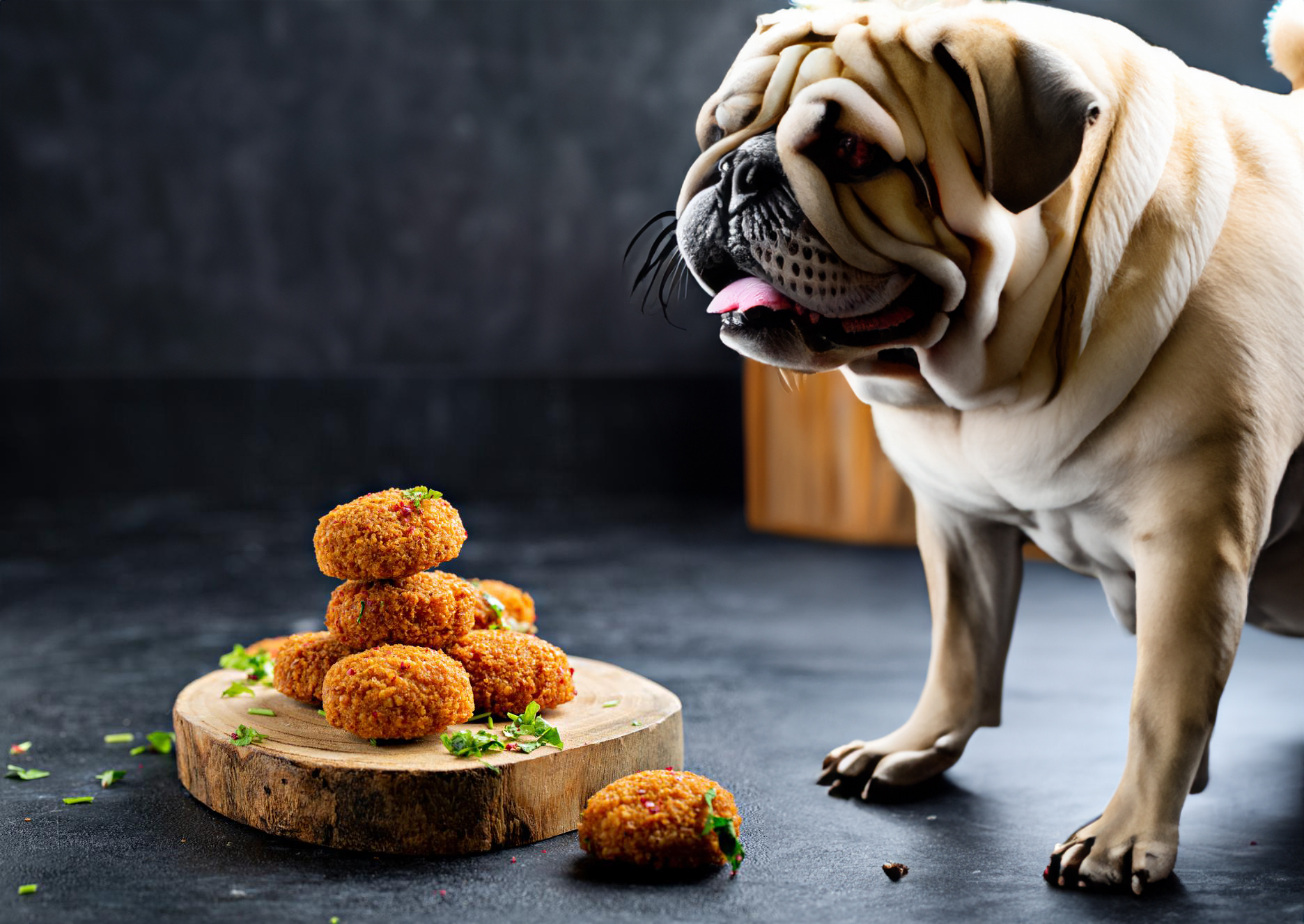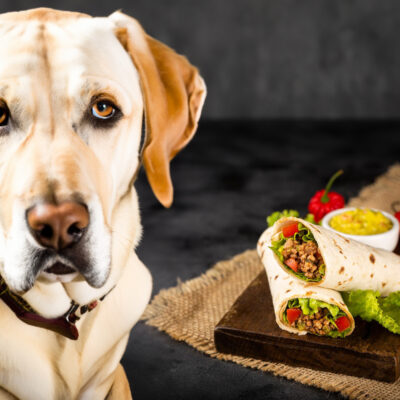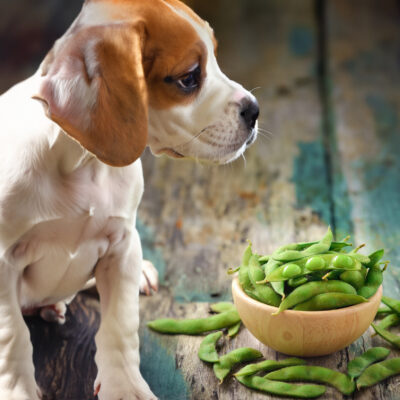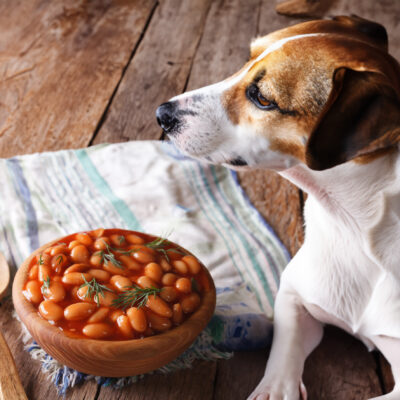Can dogs eat beans? This is a question that has been asked by pet owners for years. Unfortunately, there are a lot of myths out there about feeding beans to dogs, making it difficult to determine what is safe and what is not. In this blog post, we will debunk some of the most common myths about feeding beans to dogs and get to the facts.
We’ll explore what types of beans are safe to feed, how much to feed, and what to watch out for when feeding beans to your four-legged friend. So, if you’ve ever wondered if your pup can safely eat beans, read on to find out!
What Are Beans?
Beans are a type of legume that belong to the Fabaceae family. They come in various shapes, sizes, and colors, such as kidney beans, black beans, pinto beans, and chickpeas. Beans are a rich source of protein, fiber, vitamins, and minerals, making them a nutritious addition to any diet. They are low in fat and cholesterol, and they provide complex carbohydrates that can provide sustained energy.
Beans also contain antioxidants that help protect cells from damage. In terms of dogs, beans can be a healthy alternative to commercial dog treats, as long as they are prepared properly and given in moderation. However, it is important to note that not all types of beans are safe for dogs, as some contain substances that can be harmful to them.
Common Myths about Feeding Beans to Dogs
There are several common myths surrounding feeding beans to dogs that need to be debunked. One of the most prevalent myths is that all beans are safe for dogs to eat. This is not true.
Certain types of beans, such as raw or undercooked kidney beans, can actually be toxic to dogs. Another myth is that beans can cause gas or digestive issues in dogs. While it is true that some dogs may experience gas when consuming beans, this is not a universal issue.
With proper preparation and portion control, beans can be a healthy and beneficial addition to your dog’s diet. It is important to do your research and consult with a veterinarian before introducing beans into your dog’s meal plan.
The Nutritional Value of Beans for Dogs
Beans are not only tasty but also packed with essential nutrients that can benefit dogs. They are an excellent source of protein, which is crucial for muscle development and repair. Beans also contain dietary fiber, which aids in digestion and can help regulate your dog’s bowel movements. Additionally, beans provide vitamins and minerals like iron, magnesium, and potassium, which are necessary for maintaining overall health.
Furthermore, beans are low in fat and cholesterol, making them a healthy choice for dogs prone to weight gain or with specific dietary restrictions. They are also a good source of complex carbohydrates, offering a steady release of energy throughout the day.
It’s important to note that while beans can provide many nutritional benefits, they should not be the sole component of your dog’s diet. They should be combined with a balanced mix of other protein sources, grains, and vegetables to ensure a well-rounded meal plan for your furry friend.
Risks Associated with Feeding Beans to Dogs
Feeding beans to dogs can come with some risks that pet owners need to be aware of. One of the main risks is the potential for gastrointestinal upset. Some dogs may have difficulty digesting beans, which can lead to gas, bloating, and diarrhea. Additionally, certain types of beans contain substances such as lectins or phytic acid, which can be toxic to dogs if consumed in large quantities or in raw form.
Kidney beans, in particular, should always be cooked thoroughly before being fed to dogs to avoid the risk of toxicity. It’s also important to note that while beans are generally safe for dogs, they should always be given in moderation as part of a balanced diet. Overfeeding beans can lead to nutrient imbalances or digestive issues. As with any dietary changes, it’s best to consult with your veterinarian before introducing beans to your dog’s diet.
Types of Beans that are Safe for Dogs to Eat
When it comes to feeding beans to your dog, not all varieties are safe for consumption. Some types of beans, such as raw kidney beans, can be toxic to dogs if not cooked thoroughly. However, there are several types of beans that are safe and nutritious for your furry friend to enjoy. Black beans, pinto beans, and chickpeas are among the safer options.
These beans are packed with protein, fiber, and essential vitamins and minerals. Before feeding your dog beans, be sure to cook them properly and remove any seasoning or additives that could be harmful. Always consult with your veterinarian to determine the best types of beans to include in your dog’s diet.
Preparing Beans for Your Dog
Preparing beans for your dog is an important step to ensure their safety and digestibility. Before feeding beans to your dog, it is crucial to properly cook them to remove any potentially harmful substances and make them easier for your dog to digest. Start by rinsing the beans thoroughly to remove any dirt or debris. Then, soak them in water overnight to help soften them and reduce cooking time.
After soaking, cook the beans in boiling water until they are soft and fully cooked. It’s important to note that you should never add seasoning, salt, or any other additives to the beans when preparing them for your dog, as these can be harmful to their health. Once the beans are cooked, let them cool down before serving them to your furry friend. By taking the time to properly prepare the beans, you can ensure that they are safe and enjoyable for your dog to eat.
Serving Size and Frequency of Beans for Dogs
When it comes to serving size and frequency of beans for dogs, it’s important to remember that moderation is key. While beans can be a nutritious addition to your dog’s diet, they should not make up a large portion of their meals. The appropriate serving size will depend on your dog’s size, breed, and individual dietary needs.
As a general guideline, aim to feed your dog about 10-25% of their daily caloric intake in beans. This can be divided into smaller portions throughout the day. It’s also important to monitor your dog’s reaction to beans. If you notice any digestive issues or discomfort, it may be necessary to adjust the serving size or frequency. Always consult with your veterinarian to determine the best serving size and frequency of beans for your furry friend.




